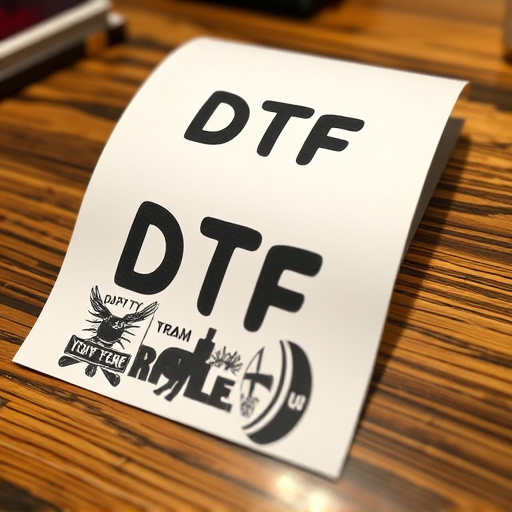The K&N Million Mile Warranty provides comprehensive component coverage for vehicles up to one million miles or one year, with free replacements for manufacturing defects on air, oil, fuel, and cab filters. Exclusions include routine maintenance items, damage from improper installation or vehicle misuse, and neglect of recommended service schedules. Understanding these restrictions ensures consumers know their rights and responsibilities, while proper maintenance and service records are crucial for validating warranty claims and maximizing engine protection.
“Unravel the intricacies of the K&N Million Mile Warranty with this comprehensive guide. This article offers a detailed breakdown of what the warranty covers and crucial exclusions to watch out for. We’ll delve into common coverage limitations, providing insights to help you navigate them effectively. Additionally, discover practical tips to maximize your warranty and extend your engine’s lifespan. Understanding these aspects is essential for any vehicle owner seeking reliable performance and peace of mind.”
- Understanding K&N Million Mile Warranty: What It Covers and Exclusions
- Deciphering Coverage Limitations: A Closer Look at Common Restrictions
- Maximizing Your Warranty: Tips to Avoid Coverage Pitfalls and Extend Engine Life
Understanding K&N Million Mile Warranty: What It Covers and Exclusions

The K&N Million Mile Warranty is a comprehensive coverage promise designed to offer peace of mind for vehicle owners. This warranty covers a wide range of components, including air filters, oil filters, fuel filters, and cab filters, among others. The key feature is its longevity—as the name suggests—a million miles or one year, whichever comes first. During this period, if any covered component fails due to manufacturing defects, K&N will replace it without charge.
However, there are certain exclusions to keep in mind. Routine maintenance items like spark plugs, ignition coils, and fuel injectors are not covered. Additionally, the warranty does not extend to damage caused by improper installation, vehicle misuse, or failure to maintain the recommended service schedule. Understanding these limitations is essential for ensuring the warranty provides the expected protection.
Deciphering Coverage Limitations: A Closer Look at Common Restrictions

Coverage limitations, often overlooked, are integral parts of any warranty, including the K&N Million Mile Warranty. These restrictions define the boundaries of what is covered and what isn’t, providing clarity for both manufacturers and consumers. Understanding these limitations is crucial in navigating the terms and conditions of any product warranty.
Common coverage restrictions include exclusions for certain types of damage, such as those caused by neglect, improper maintenance, or modifications to the original design. For instance, the K&N Million Mile Warranty might exclude coverage for issues arising from using incompatible or substandard parts. Moreover, warranties often don’t cover labor costs during repairs unless specifically stated otherwise. By deciphering these limitations, consumers can better understand their rights and responsibilities, ensuring they receive the intended protection under the warranty.
Maximizing Your Warranty: Tips to Avoid Coverage Pitfalls and Extend Engine Life

To maximize your warranty and avoid coverage pitfalls, it’s essential to understand the intricacies of your vehicle’s engine protection plan. A notable example is the K&N Million Mile Warranty, which sets a high bar for engine longevity. This extensive warranty covers not just major components but also offers peace of mind with its long-term commitment. By adhering to recommended maintenance schedules, you can significantly extend the life of your engine and take advantage of this comprehensive coverage.
Regular oil changes, using top-quality lubricants, and maintaining optimal air filters are key strategies to keep your engine in peak condition. These simple yet crucial steps not only enhance performance but also ensure that your warranty remains valid. Additionally, keeping detailed service records can serve as a valuable reference when proving the care you’ve taken with your vehicle, should any coverage claims arise.














